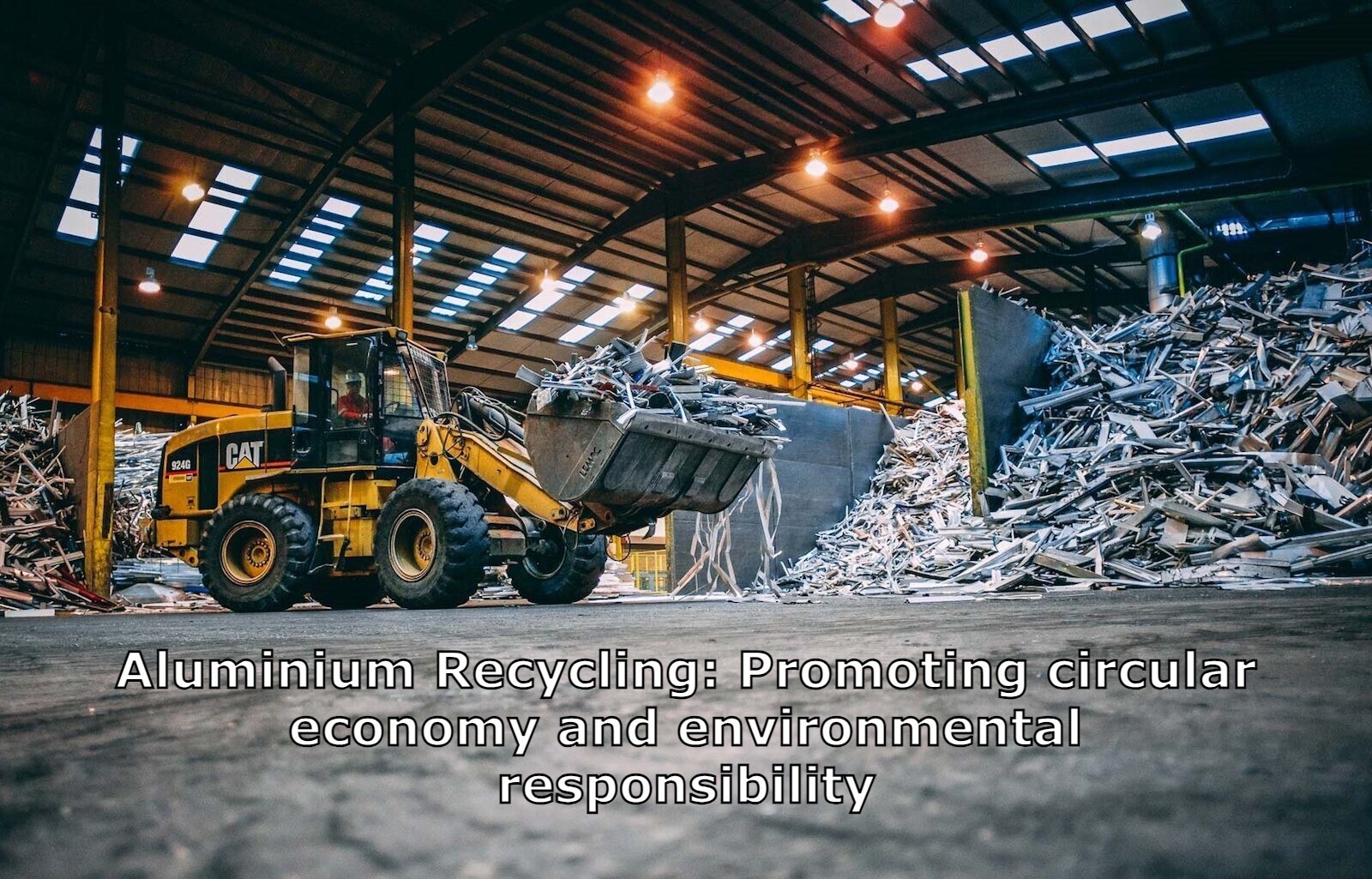

The global heavy metal industry is undergoing a significant transformation. It is prioritising the use of recycled materials to eradicate carbon emissions and promote sustainable practices. In response to escalating environmental concerns and climate volatility, international heavy metal brands are intensifying their efforts to adopt eco-friendly operational frameworks. This shift hinges upon robust renewable energy initiatives and amplified green strategies.

Recycling aluminium emerges as a pivotal solution, outstripping primary production methods by conserving up to 95% of the energy expended in smelting processes. Furthermore, aluminium's status as a 100% recyclable, circular metal facilitates retrieval without significant material loss, reinforcing its reputation as a 'green metal' due to its capacity for perpetual reincarnation within the material loop.
After a downturn attributed to the COVID-19 pandemic and subsequent lockdowns, global aluminium demand is rebounding, with a resurgence to 90 million tonnes in 2021. China stands as the foremost consumer of recycled aluminium globally, with a usage rate of approximately 11 million tonnes in 2021, poised to escalate to 14.5 million tonnes by 2026. China's aluminium industry, including its recycled sector, has undergone notable reforms and operational adjustments in recent years. Stricter regulations governing the importation of aluminium scrap and elevated quality standards have reshaped the landscape.
 Events
Events
 e-Magazines
e-Magazines
 Reports
Reports
Responses








